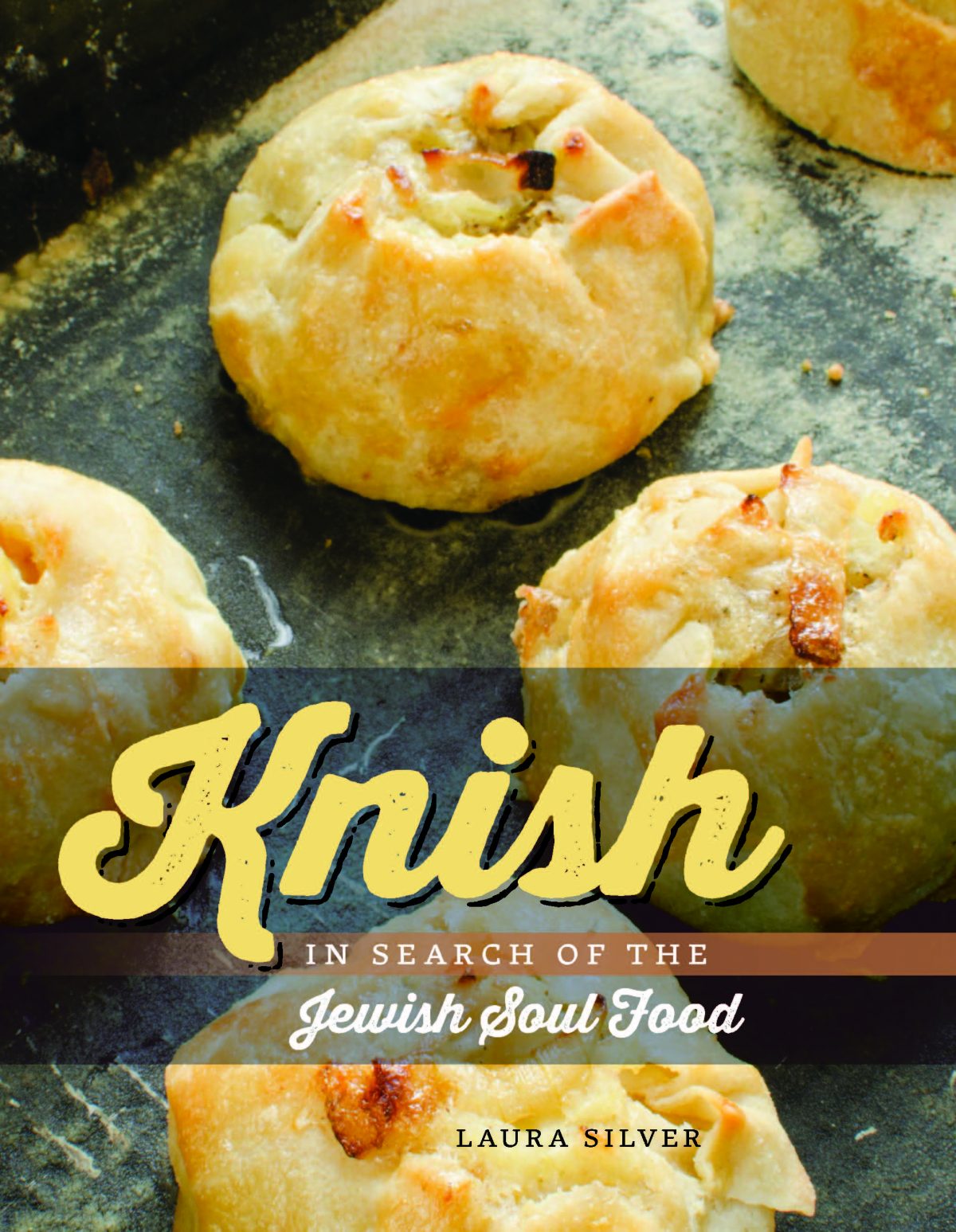By Hayley Baker
In thinking about cultural heritage, and especially cultural preservation, we often think about the importance of language, of holidays, or of customs. However, in such projects of celebrating those practices, especially those that have begun to disappear, we mustn’t forget the importance of much-loved yet humble comfort foods.
This is precisely where Phi Beta Kappa member Laura Silver’s journey began: with the knish.
The knish (pronounced kuh-nish) is a filling-wrapped pastry, known and shared by many Jewish circles. It is similar to the wrapped-foods of other cultures, like the empanada, samosa, gyoza, or jamaican patty. But the knish, a kind of signifier for a shared Jewish history and heritage, has become less widespread.
In her forthcoming book Knish: In Search for the Jewish Soul Food, to be released May 6, Silver provides a biography of the knish. On her website, she recounts the backstory of how she started her research. When favored knish shop Mrs. Stahl’s of Brighton Beach closed down, Silver began her hunt to track down the history of the knish, tracing her own lineage to Knyszyn, Poland.
From city street food to Jewish funeral tradition to Polish Catholic mourning ritual, the knish has a rich history (perhaps as rich as its taste). As others have noted in advance reviews of the book, histories like the knish’s represent more than just the lineage of a fried, dumpling-like food; they demonstrate the important role of food in communities and cultural legacies.
When speaking with Silver about her work and research, she shared an anecdotal story (that makes its way into her book) of a childhood game of charades. “One of the phrases I used was kasha varnishkes,” an Eastern European Jewish dish of buckwheat and bowtie pasta. “I used it in charades because I saw it as a secret weapon. It’s a complicated word, but it’s also an insider food.” Though the phrase proved to be too hard to guess, even for her teammates, Silver shares the story as part of her own realization of the importance of food: “That was maybe the first time I had a consciousness about food being so closely linked to culture, as being this insider language, emblematic of something distinct in some way.”
Though movements to revive and preserve languages are perhaps more familiar and widespread, Silver contributes her insight to the significant overlaps between language and food, in this case Yiddish and the knish. “By studying Yiddish I wanted to get to the bottom of this story. Of the language and the history, and get beneath the skin of the knish.” What might appear to be a simple dumpling-type food actually speaks volumes of unspoken history: “Food traditions are often the traditions of women. So its not surprising that they have been overlooked, or haven’t been codified in the same way, or documented. A lot of the things I came across in my research did have to do with women’s stories that hadn’t really been told.”
When asked about how readers of her book, and intellectual, ever-curious communities such as the Phi Beta Kappa community, might participate in hers or similar cultural revival projects, Silver encourages us to take on a visceral as well as historical approach: “The best knish is the one you make yourself. Something magic happens, I think, when you make knishes with a group of people. It’s an involved process. Everyone is working together, and I found that amazing stories come out once you’re working together on a shared task. It’s a great way to exchange conversation and build new traditions.”
In addition to her journalism, writing, and soon-to-be-published book, Laura Silver is available to speak to university classes. She can be contacted through her website.

Photo: Laura Silver, author of Knish: In Search of the Jewish Soul Food (Brandeis University Press, 2014).
Hayley Baker is a senior at University of California at Berkeley majoring in rhetoric. University of California at Berkeley is home to the Alpha of California Chapter of Phi Beta Kappa.




